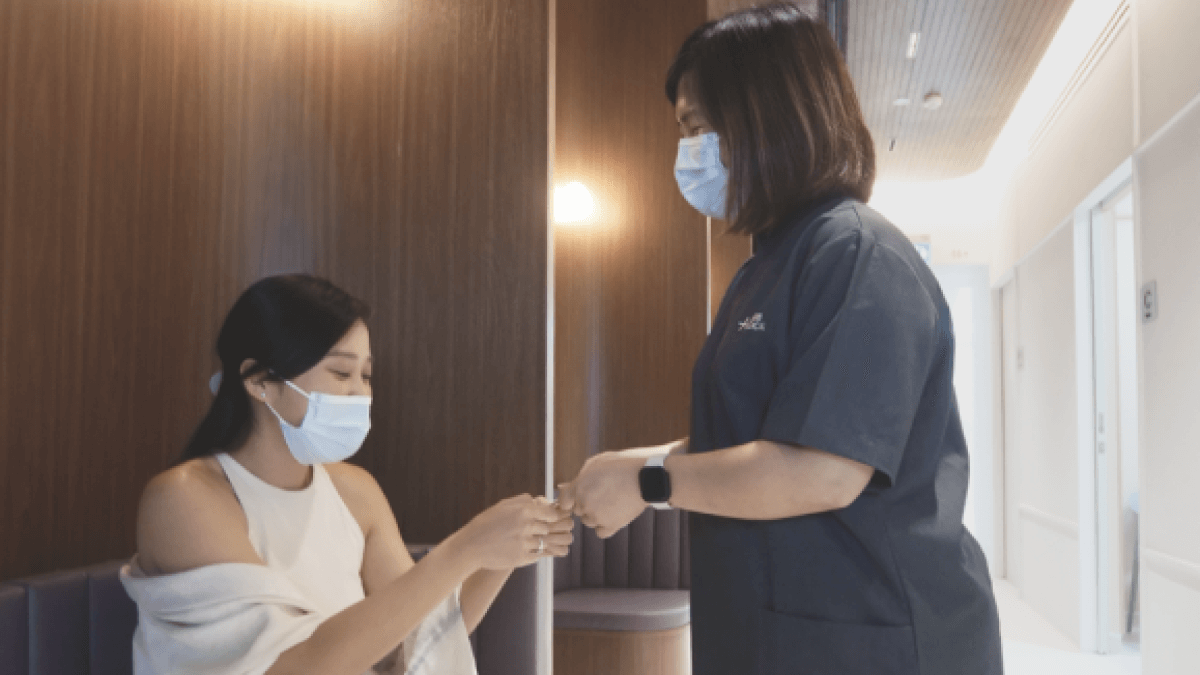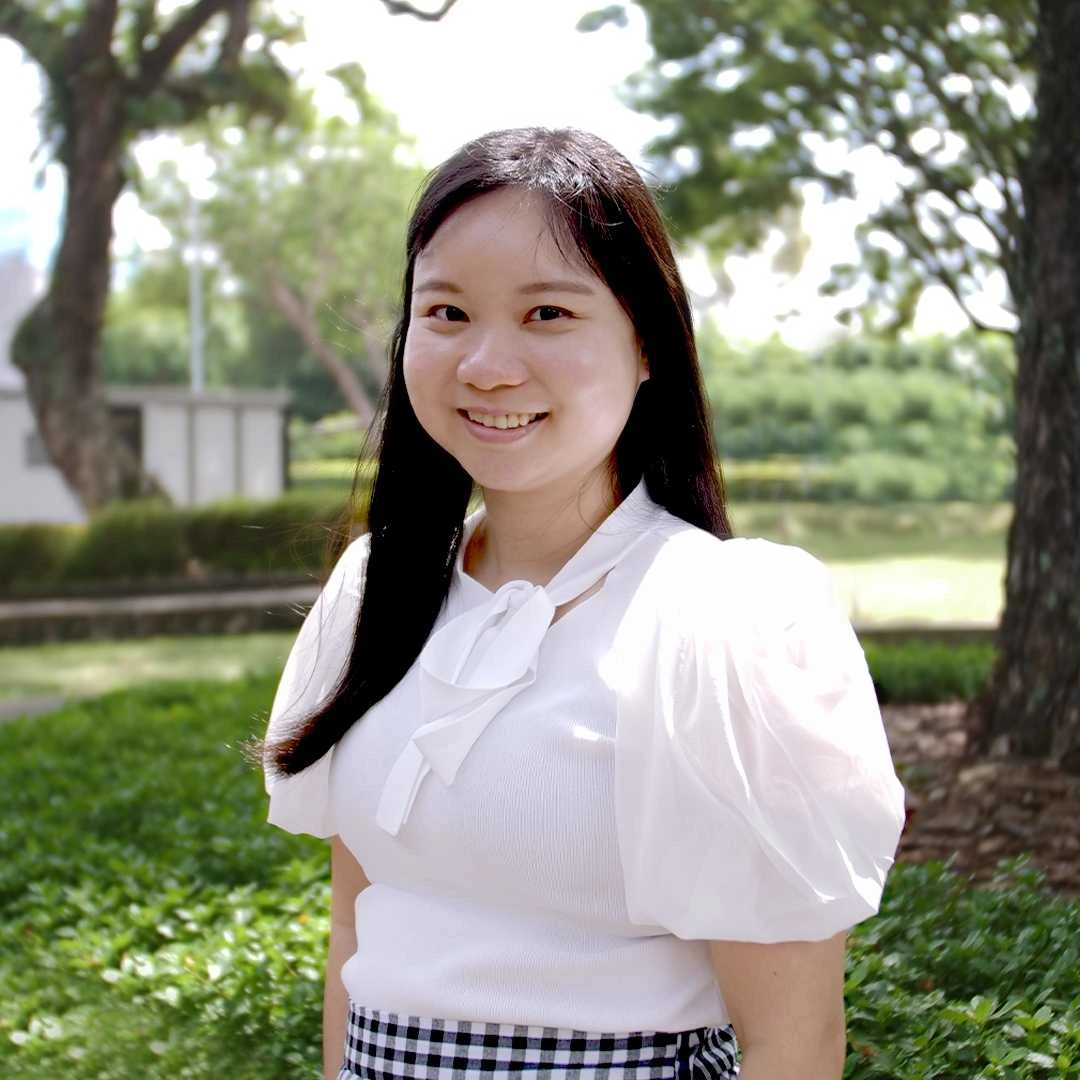Thalassaemia Test Singapore

Protect your future family’s health with a simple blood test
What Is Thalassaemia?
Thalassaemia is an inherited blood disorder where the body produces abnormal or insufficient hemoglobin, the protein in red blood cells that carries oxygen. There are two main types:
- Alpha Thalassaemia
- Beta Thalassaemia
Carriers (also known as having thalassaemia trait) are usually healthy with no symptoms. However, if both partners are carriers, their child may inherit a severe form of thalassaemia, which can cause life-long complications or be fatal without treatment.
Source: CDC
What If I’m a Thalassaemia Carrier?
Being a carrier does not affect your health. However, if your partner is also a carrier, there's a:
- 25% chance the child will have thalassaemia major
- 50% chance the child will be a carrier
- 25% chance the child will not be affected
If both partners are carriers, your doctor may refer you to a genetic counsellor or specialist for further options, such as prenatal testing or IVF with screening.
Why Get a Thalassaemia Test?
Thalassaemia is more common than you think, especially in people of Asian, Mediterranean, Middle Eastern, or Southeast Asian descent. In Singapore, about 3–5% of the population are carriers.
Testing is highly recommended if you are:
- Planning for pregnancy or starting IVF
- Already pregnant and haven’t been screened
- Unsure of your partner’s thalassaemia status
- From a family with known thalassaemia history
Early detection helps you make informed decisions for family planning.
What Does the Thalassaemia Test Involve?
At our clinic, we offer a simple blood test that screens for thalassaemia traits.
Tests may include:
- Full Blood Count (FBC) - To detect microcytic (small-sized) red blood cells
- Hemoglobin Electrophoresis - To evaluate types of hemoglobin and screen for beta thalassaemia
- Ferritin Test - To rule out iron deficiency, which can mimic thalassaemia
- DNA Analysis (if needed) - For definitive alpha thalassaemia diagnosis. Patients will be referred for formal genetic counselling before doing this test at an external specialist partner.
Our doctor will interpret the results and advise if your partner should be tested too.
Thalassaemia Tests
Full Blood Count (FBC) and Peripheral Blood Film (PBF)
Thalassaemia Profile
(Full Blood Count, Peripheral Blood Film, Haemoglobin Electrophoresis, Ferritin)*Turnaround time 2-3 working days
Full Screening Packages
Stay on top of your health with our comprehensive health screening packages
Essential Package
Essential Plus Package
*Turnaround time 3-7 working days
Whatsapp Us Make an Appointment
*Prices listed were last updated on 1 July 2023. Prices may be subject to change.
*Price does not include consultation fee and GST.
Why Choose Regis Medical

Book Your Thalassaemia Screening Today
Thalassaemia is often silent — but knowing your carrier status is key, especially if you're planning a family.

Finding Us
Holland Village
255 Holland Ave, Singapore 278983
Near MRT Exit B
Mon, Tues, Thurs, Fri:
8.30am - 2.30pm
5.30pm - 10.00pm
Wed:
8.30am - 2.30pm
Sat:
9.00am - 3.00pm
Closed on Sundays and Public Holidays. For the latest updates on our clinic’s opening hours, please check our Google Maps.
** GP registration ends 15 mins before the closing time above, while Physiotherapy & Acupuncture end registration 45 mins before. Please book an appointment in advance to avoid queues and disappointment.
Katong
437 Joo Chiat Road, Singapore 427650
Near Marine Parade MRT
Mon, Tues, Thurs, Fri:
8.30am - 2.30pm
5.30pm - 10.00pm
Wed:
8.30am - 2.30pm
Sat:
9.00am - 3.00pm
Closed on Sundays and Public Holidays. For the latest updates on our clinic’s opening hours, please check our Google Maps.
** GP registration ends 15 mins before the closing time above, while Physiotherapy & Acupuncture end registration 45 mins before. Please book an appointment in advance to avoid queues and disappointment.
FAQ
Accessibility & Support
Regis Medical Holland Village is located at 255 Holland Avenue, Singapore 278983
Regis Medical Katong is located at 437 Joo Chiat Road, Singapore 427650
Click here to view our opening hoursAppointment
To book an appointment at Regis Medical Holland Village, please call or whatsapp us 8118 5298
To book an appointment at Regis Medical Katong, please call or whatsapp us 9851 3728
You can only cancel or change your appointments up to 24 hours before your appointment. You will receive your refund within 3 working days. No refund will be issued for no shows and cancellations within 24 hours before your appointment. However, if you are feeling unwell on the day of the appointment, we allow patients who have their acute illness seen at Regis Medical to reschedule their appointment without extra cost.
This policy is subject to change.
Yes. You can reschedule your appointments. However, you need to reschedule your appointment at least 24 hours before your actual appointment time. If you are unwell on the day of the appointment, we will reschedule your appointment at no extra cost if you seek medical attention at our clinic (for non-emergencies only).
Finance
General
- Identify silent carriers (people who may not know they carry the gene)
- Prevent passing it to children if both partners are carriers
- Diagnose unexplained anaemia
- Guide reproductive planning and early intervention